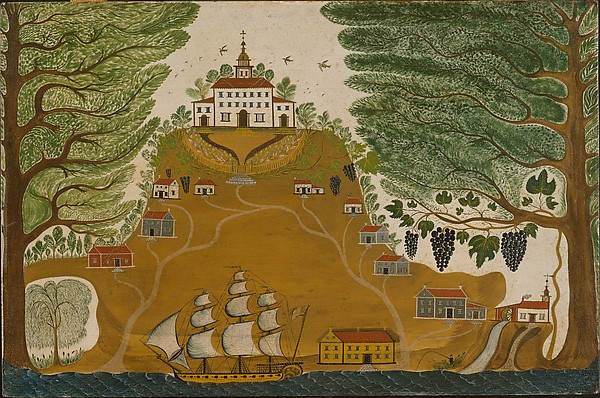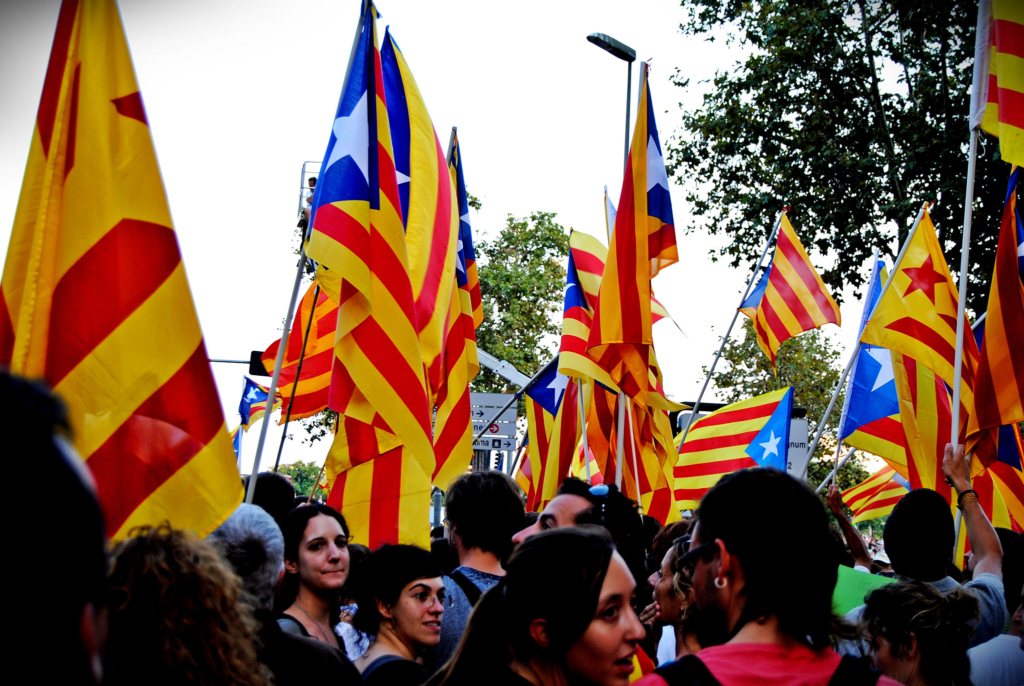If only there had been a compromise, so many would never have died.
The lawns would go unburdened with memorials.
The men with their long beards would come home
to hot coffee and relief and paintings of pastoral glory
(except those voices the tableau leaves out,
the four centuries of wailing just outside the painting’s edge).
He asks:
What if I only own them on Sundays?
What if on Saturday we allow them to walk freely within the fences?
What if we only keep ⅔ of their children forever?
What if we read the Bible during our cruelty?
What if on Monday mornings we commit no violence?
What if on Wednesday at tea time we let them lick the spoon
Still dripping with blackberry fool?
What if we teach them to read as we beg them to forget our worse cruelties?
What if we blame them for what we did?
What if this was really THEIR idea all along?
What if we teach our children we feel the worse burden?
What if on Saturdays we cook butter beans and burn papers in open air?
Let the general continue:
“In my youth women were sacred
We put them in boxes, lit candles around their footpaths.
I told them, ‘stay here and be worshiped or else’
And then off I went to training
To compromise, to contain, [to lie].”
READ MORE
Schooling John Kelly: A Brief History of “Civil” Compromise [ Poets Reading the News ]
Tim Duffy is a poet and scholar working in Connecticut and New York City with poems in The Cortland Review, Entropy, Bop Dead City, Queen Mob’s Teahouse, and elsewhere.










